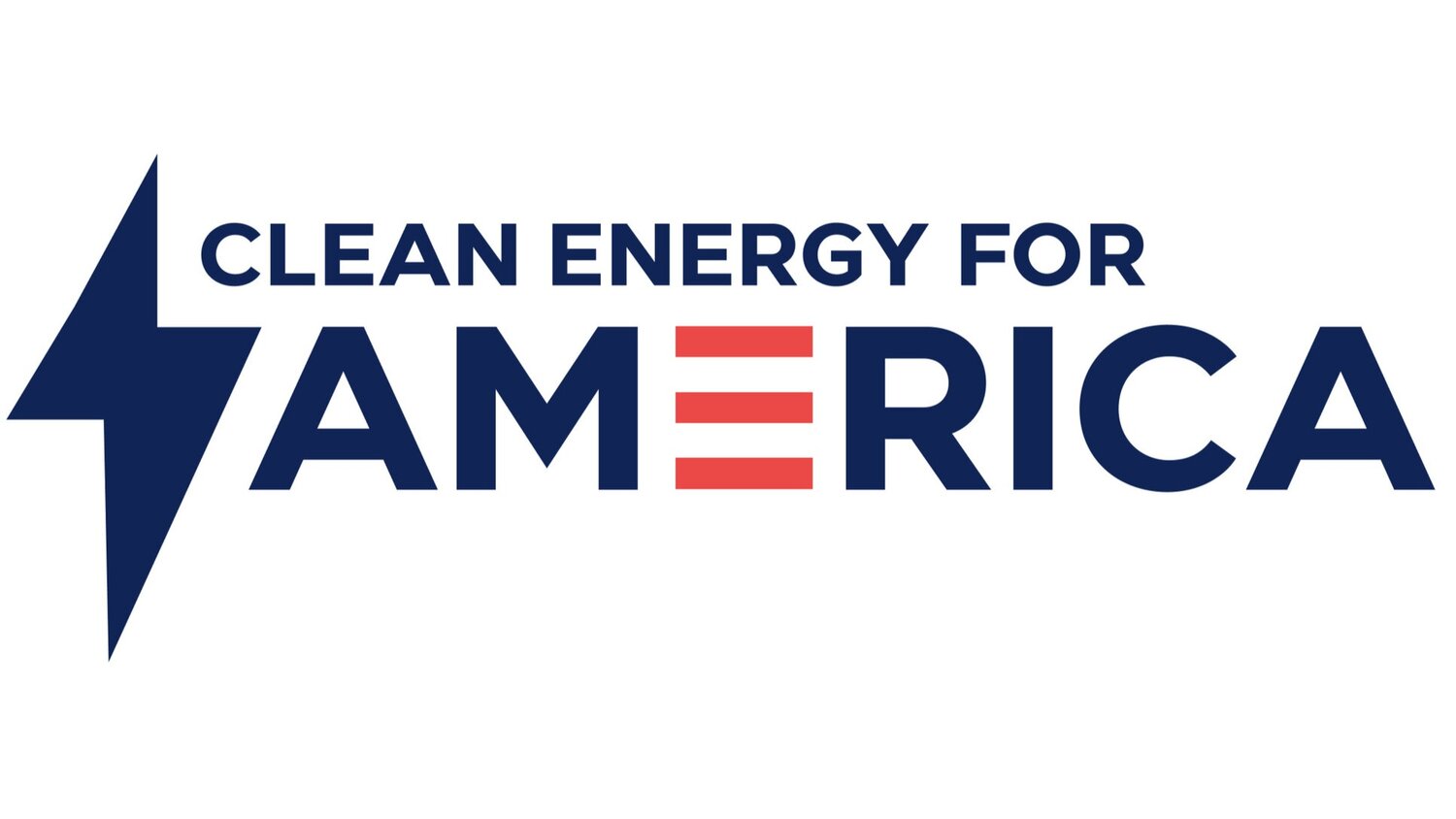Webinar: Experts Explain the Power and Importance of Clean Hydrogen
“The take-home message, if nothing else resounds,” said Joe Majkut of the Center for Strategic and International Studies, “We need low-emissions hydrogen for net zero.”On October 6, Clean Energy For America hosted a virtual panel of experts who discussed the power, potential, and promise of clean hydrogen. The panelists were Emily Kent with the Clean Air Task Force, John Larsen with the Rhodium Group, Michelle Detwiler with Renewable Hydrogen Alliance, Joe Majkut with the Center for Strategic and International Studies, and Adria Wilson with Breakthrough Energy.
Together they agreed: Producing clean hydrogen is necessary for decarbonization. “Its flexibility and its applicability across the energy system is the most interesting and attractive use in a net zero or fully decarbonized world,” said John Larsen with the Rhodium Group.However, “that's going to take some time to get from here to there,” Larsen added. “We do make hydrogen today,” explained Adria Wilson. “100 million metric tons are produced per year, and they mostly go into ammonia production.” “But it’s not clean.”That said, the challenges to scaling up clean hydrogen are solvable, panelists indicated.
“The cost and technological advances for renewable hydrogen are moving on the same trajectory,” explained Michelle Detwiler, as successful breakthroughs like wind and solar did years ago. Plus, there’s federal funds to expedite those advances. “The good news,” said Larsen, “is that recent legislative actions in Congress, through the infrastructure bill and then the Inflation Reduction Act, really do provide, I think, an important amount of support to actually realize that initial scale-up for clean hydrogen.”That matters. “Keeping the door open for things like clean hydrogen is really essential for making sure that we have the paths available to us over the coming decades to make sure that we can reach full decarbonization,” said Emilly Kent.
Now we must make it happen.
Don’t miss our next event: Sign up for the CE4A newsletter today.
